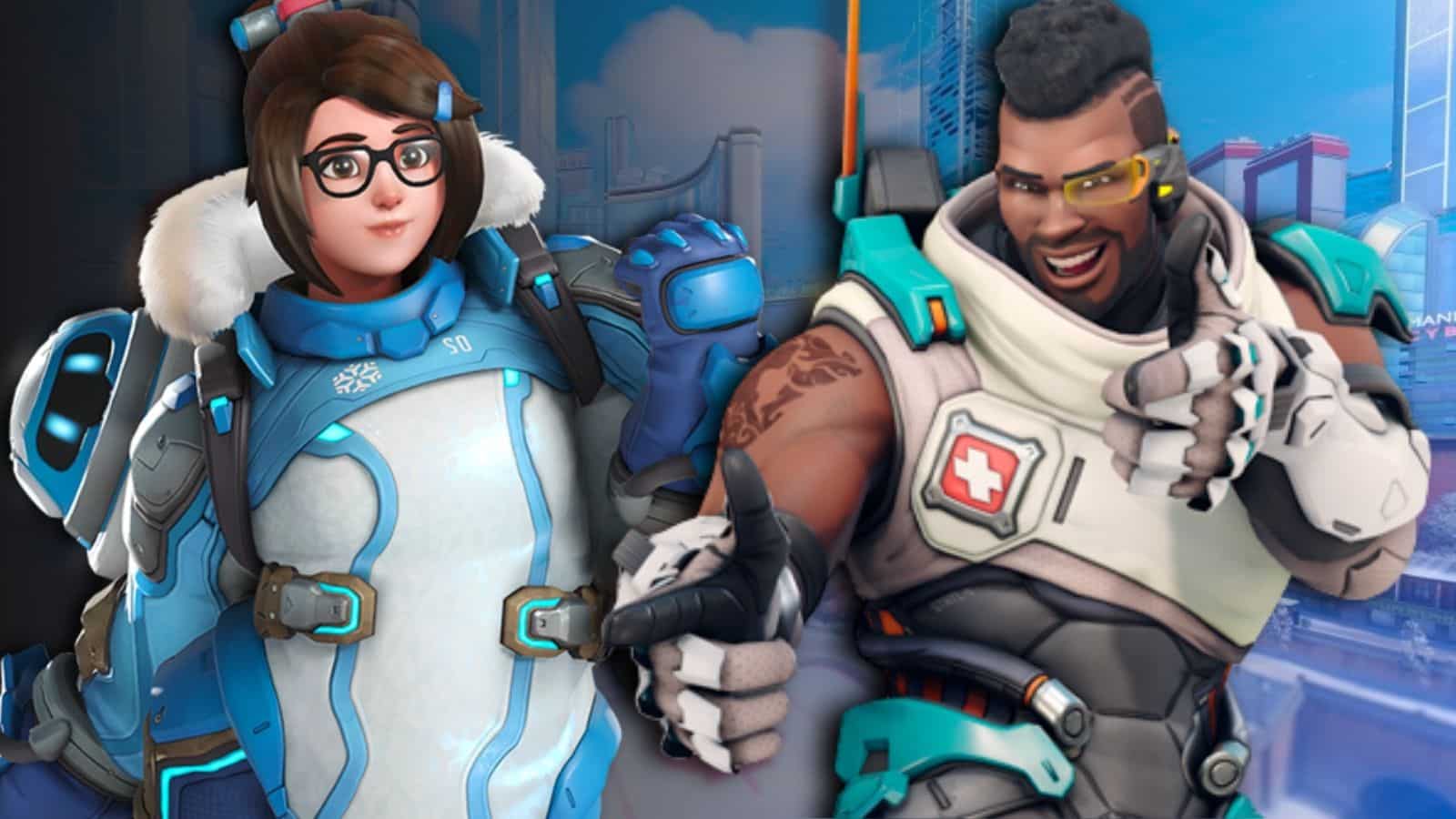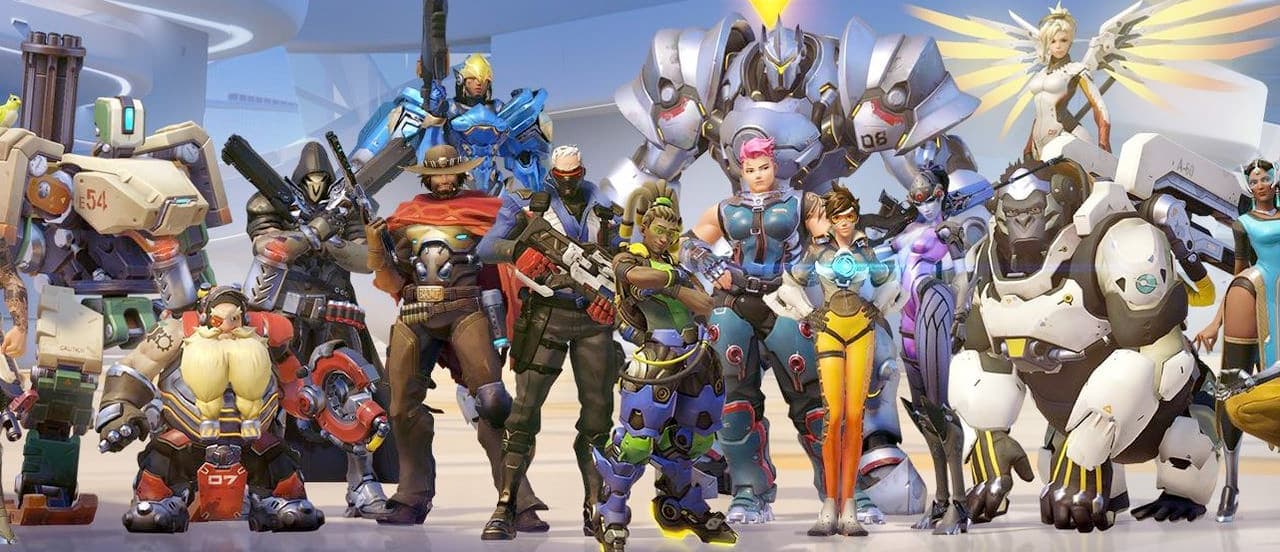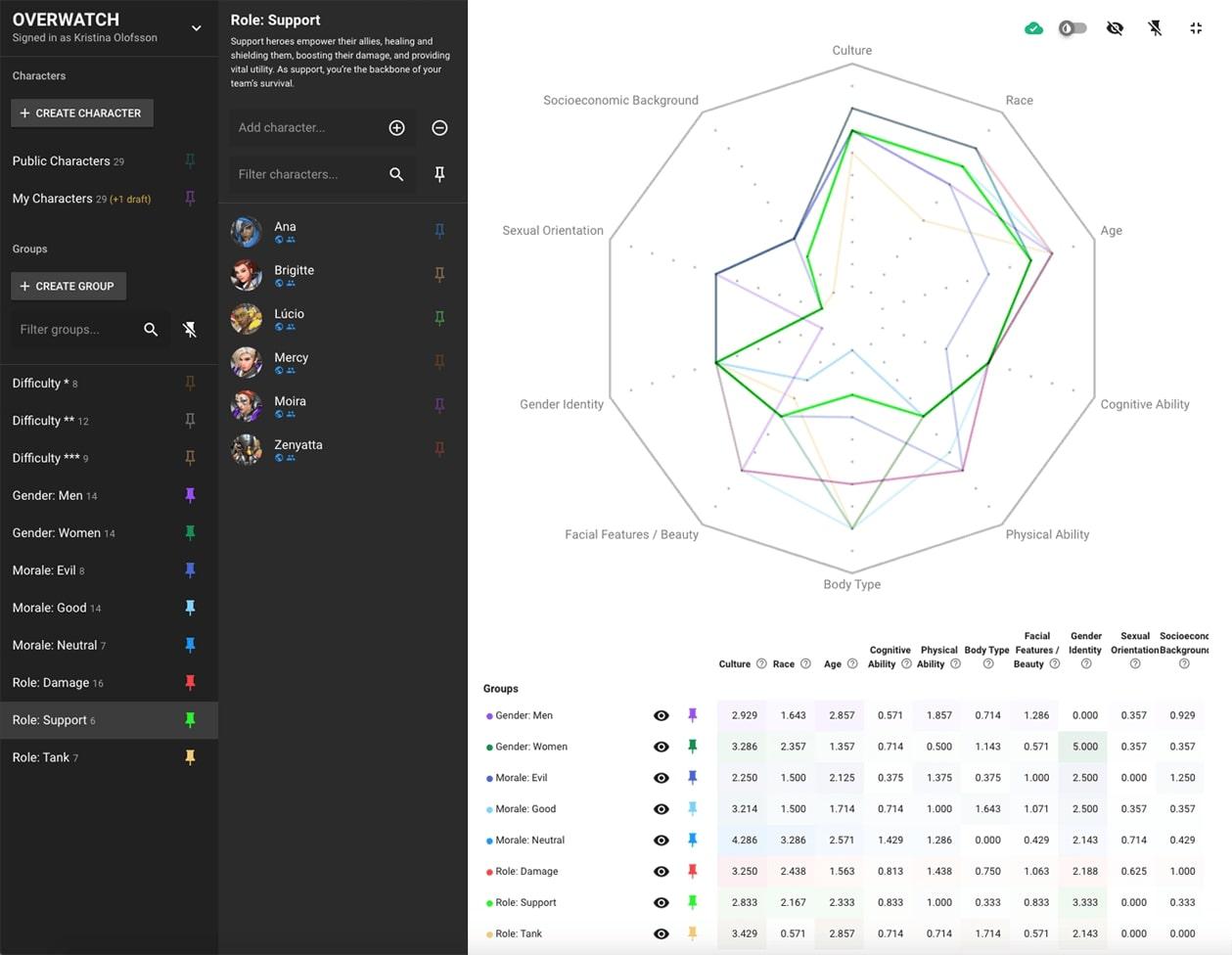Activision’s new diversity tool for Overwatch & CoD characters isn’t the answer
 Activision
ActivisionActivision Blizzard King has unveiled a new tool to rank characters across the network based on diversity, from Overwatch to Call of Duty, but its reveal sparks more questions than answers.
Eric Alt, Director of Editorial Content at Activision, published an explainer for the feature on May 12 using Activision Blizzard’s official blog page.
In the statement, the organization confirmed they had collaborated with the Massachusetts Institute of Technology to create software that tackles unconscious bias. King Globalization Project Manager Jacqueline Chomatas said: “The Diversity Space Tool is a measurement device, to help identify how diverse a set of character traits are and in turn how diverse that character and casts are when compared to the ‘norm’.”
This is the first public step taken by the publisher since the company’s board promised to be more transparent about diversity in their video games back in December 2021. In that report, data showed women make up just 24% of the Activision workforce, with 36% of employees based in the United States identifying as a member of an underrepresented ethnic group.
 Blizzard Entertainment
Blizzard EntertainmentThe statistics on diversity were branded unacceptable in the press release, agreeing to increase diversity in the workforce and also across its video game universes. That’s where the new ranking system comes in – a Diversity Space tool.
How it works
With a mission to combat unconscious bias and exclusion in video game rosters, Activision Blizzard King has introduced a ranking method. The Diversity Space tool scores character designs with points for various things, from gender to race and body type.
As seen in the diagram below, which illustrates the model’s use, metrics include facial features, beauty, culture, race, sexual orientation, and more.
 Activision
ActivisionHowever, if more points are given based on these elements, what is the starting point? Is it a white heterosexual male character? Who decided the starting point, too? These are crucial pieces of information regardless of whether the results lead to further diversity in the creative universes of Overwatch, World of Warcraft, and other series.
Surely the parameters that are being set need to have been generated by long discussions from a diverse group of workers, though that is not stated. All we have is annual statistics that state King’s diversity level in the workforce is “wholly inadequate.” Their words, not mine.
Further explanation of how these metrics are affecting rosters right now would provide better insight, and whether or not the model has been endorsed by the majority of employees belonging to underrepresented ethnic groups. Again, not stated, outside of a comment from Alayna Cole, DE&I manager at Sledgehammer Games – who supported the results, yet didn’t really touch on much else.
The announcement says: “The Diversity Space Tool can clearly delineate between token characters and true representation,” which addresses a concern for players of all backgrounds. It’s a common criticism for video game developers that ‘token characters’ are added for no reason, yet this tool appears to focus more so on authentic storylines. That is a positive, and will likely produce good insights for the next update on transparency.
Notwithstanding that, from the outside looking in, it would appear that more diversity in the development studios would work better than any tool of this kind. Models are great for analysis but in practice, it’s my belief that the process of producing characters of color or representing the LGBTQ+ community would be infinitely better if crafted by people who share those experiences.
Diversity in a game should reflect an inclusive approach to development. A box-ticking exercise – not so much.
Activision’s new diversity tool sparks debate
On social media, the reaction to the tool has been mixed.
Features Editor at Fanbyte, Elise Favis, said: “Activision Blizzard reducing diversity to extremely weird and degrading metrics, AND announcing it on their blog on their own terms – as if it’s something to be proud of – is both extremely weird and appalling.”
Activision Blizzard reducing diversity to extremely weird and degrading metrics, AND announcing it on their blog on their own terms – as if it's something to be proud of – is both extremely weird and appalling https://t.co/pYBaxIXkun
— Elise Favis (@elisefavis) May 13, 2022
Austin Walker said: “You might ask ‘why would the often marginalized people who work in DEI actually ever consider using this tool?’ My (well-informed) guess is: Because their advice is often dismissed by decision-makers who claim that without Hard Data, they’re wrong.”
Walker also says that the methodology doesn’t exactly align with the company’s goals.
The thing to really understand here is that you can take this totally at good faith–you can understand how it functions, how they want a tool to ID biases, etc–and still think the methodology absolutely undermines their goals.
— austin walker (@austin_walker) May 13, 2022
Others believe that the publisher is actually cornered into a ‘no win’ situation.
Sophia Nartwitz, a YouTuber and Twitch streamer, tweeted: “The recently revealed Overwatch diversity rating graph is uber cringe but I can’t blame Blizzard for doing it. The first Overwatch is one of the most diverse AAA games of all time & yet the media still attacked it for not being diverse enough.”
https://twitter.com/SophNar0747/status/1525193292098551810
Sophia makes a good point, too. It’s not easy to keep everybody happy when working towards diversity in any industry, though – in the spirit of transparency – it may have been better to reveal the diversity tool to a live audience on stream for questioning. That way, people from all different backgrounds could have their say and Activision bosses could respond. That would be a much more open form of communication, rather than a press release for websites to cover the “progress” they’ve made.
Let’s be clear, the intentions behind the creation of the tool are absolutely right. The entire industry needs to be more diverse, from the media to the games we cover each day. Not to meet quotas, but because a wide range of ideas and different perspectives is always better than an echo chamber.
This is not a case against the objectives of Activision’s diversity tool, though more details are needed about its execution.
It shouldn’t be promoted as a solution to improve diversity in “wider entertainment verticals including TV, film, and literature” until it’s been reviewed over a long period of time by a diverse team of people. More inclusive dev studios will be better than any model, that’s for sure.